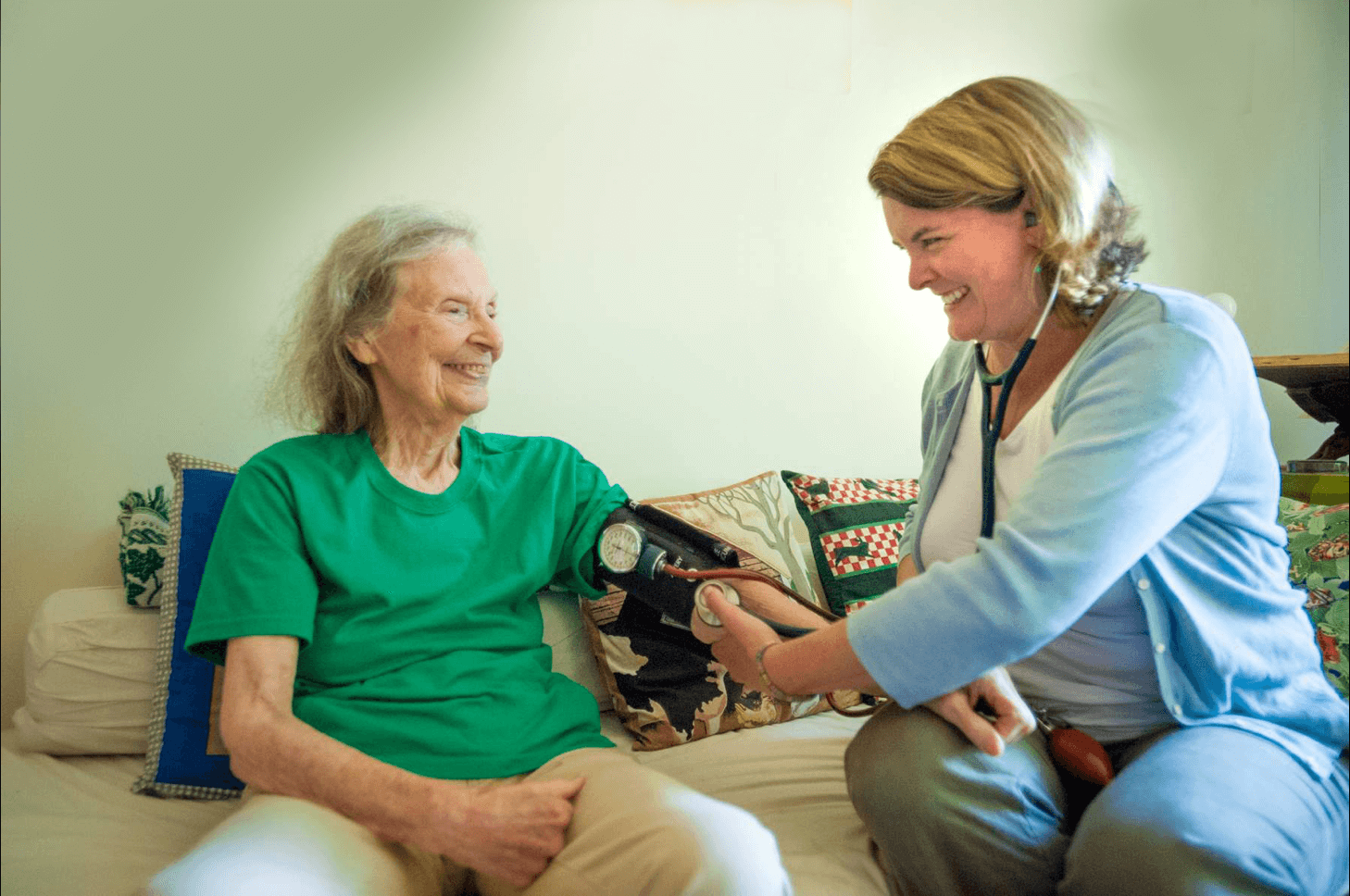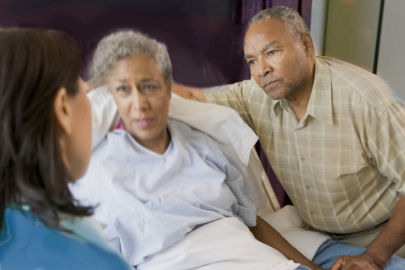Times-Herald Record August 19, 2014
By Deborah J Botti
When Dr. Maggie Carpenter enters an Ulster County home with her navy blue bag, she’s not concerned about the dust bunnies.
She’s concerned about the patient.
Yes, she’s going to look around. But she’s not grading housekeeping skills; she’s looking for lifestyle clues.
“I believe in helping people,” she says of the reason she recently launched Nightingale Medical Inc. — a home-visit-only based practice. “Although I don’t like the term ‘concierge medicine,’ it’s something everyone should have access to. Everybody should get good health care. ”» I can’t work for a big company that tells me I have to do this or that — and can only see a patient for 15 minutes. I think that approach is causing dissatisfaction on both sides.”
Carpenter, a Westchester County native who graduated summa cum laude from SUNY Downstate Medical School, had an independent practice in Brooklyn for four years and then worked at a federally qualified community health center upon her relocation to New Paltz in 2010 — lured by the region’s natural beauty in which to hike and environment in which to raise children.
“I’ve always done home visits,” Carpenter says of Nightingale Medical’s organic evolution of offering primary care with a personal touch to those on Medicare or who pay out of pocket. The cost is $225 for the first visit and $150 for subsequent visits.
Carpenter’s overhead is low because there’s no office or staff, just someone to do billing, an accountant and lawyer as needed. And while this family doctor serves the pediatric through geriatric populations, her approach is particularly beneficial for the elderly and the homebound.
We know we should lose weight, exercise more …
Dr. Maggie Carpenter says part of her responsibility is to help figure out what’s preventing the change a patient needs to make to improve his or her health.
“People often know what they should do, but lack the confidence that they can do it,” she says. “And sometimes it’s easier just to make excuses. They might say they don’t have the time or money to go to the gym – but then I encourage them to just get outside and walk. We live in a beautiful area.”
Carpenter also understands the confusion that can be caused by the endless stream of conflicting information from so many sources.
“Who do you believe?” she says.
What she does believe in is a search for common ground that leads to shared decision-making with her patients.
Decision-making is also a tool she suggests in managing stress.
“You can’t try to please everyone. Choose your stress – and try to live independently … don’t be worried about this or that because you think you should be,” she says. “And remember, exercise and sleep are key tools in battling stress.”
“Things get harder the older we get, and just getting to the doctor’s office can be difficult,” she says.
And for some, that office visit can be downright dangerous, says Carpenter, pointing to recent writings linking a temporary hike in an elderly patient’s blood pressure — because of anxiety inherent to that appointment — to an unnecessary prescription.
When the patient returns home, the blood pressure naturally drops. But when the new blood pressure medication is taken by someone with normal blood pressure, low blood pressure can result — increasing the potential for a fall and broken bones.
“Sometimes we do more harm than we realize when trying to do good,” she says.

Because Carpenter comes to the home, the patient doesn’t have to fret about relying on his adult child to get time off from work for the appointment or whether the accompanying aide has the right medication list.
And because Carpenter typically spends an hour during the initial meeting, a connection is established that helps ease the angst before blood pressure or blood, if necessary, is taken. Carpenter not only will get a full medical history, but also strives to get to know the person she’s treating. For example, she’ll look at the actual prescription vials.
“Polypharmacy (use of multiple medications by a patient) is a huge problem,” she says.
She’ll also take an intuitive look around the home with an eye toward preventing unnecessary hospitalizations and procedures. She’ll note potential fall hazards, whether the cat litter box is being ignored — a sign of depression or difficulty bending? — and get a sense of what the patient is actually eating — especially if the garbage is overflowing with fast-food packaging and cans.
“It’s not just yes or no answers as to whether they’re eating, sleeping or getting exercise,” she says of her quest for specifics. “I’m a health coach as much as I’m a doctor. ”» So much can be prevented.”

When Nightingale is serving 100 patients — Carpenter saw 15 within the first few weeks — she’ll add a nurse practitioner or another doctor or both. They will continue doing what she does — seeing patients at home.
Her long-term goals include expanding into Orange and Dutchess counties and ultimately direct primary care.
“Direct primary care is concierge medicine for the masses, which is written into the Affordable Care Act,” Carpenter says, citing Iora Health and Qliance, where a monthly fee of $80 entitles participants to longer visits, a holistic center and preventative care.
Along with the doctor, a nurse and health coach round out the patient’s team. “I like to compare it to car insurance, which we buy in case there’s an accident, but it doesn’t cover maintenance,” she says. “Direct primary care covers the ‘maintenance.’
“Half of the health-care bill comes from administrative fees, over testing, over medicating, unnecessary referrals — and emergency department visits,” she says. “When you’re spending a fraction of that money, you can have yoga.”
Still, it will require a lot for Carpenter to get direct primary care up and going. So for now, it’s smaller steps that she’ll be taking to front doors.
“But people have to make an appointment,” she says. “I’m not an on-call house service. If you’re sick, you can call and I will try my best, but I am not available 24/7.”



